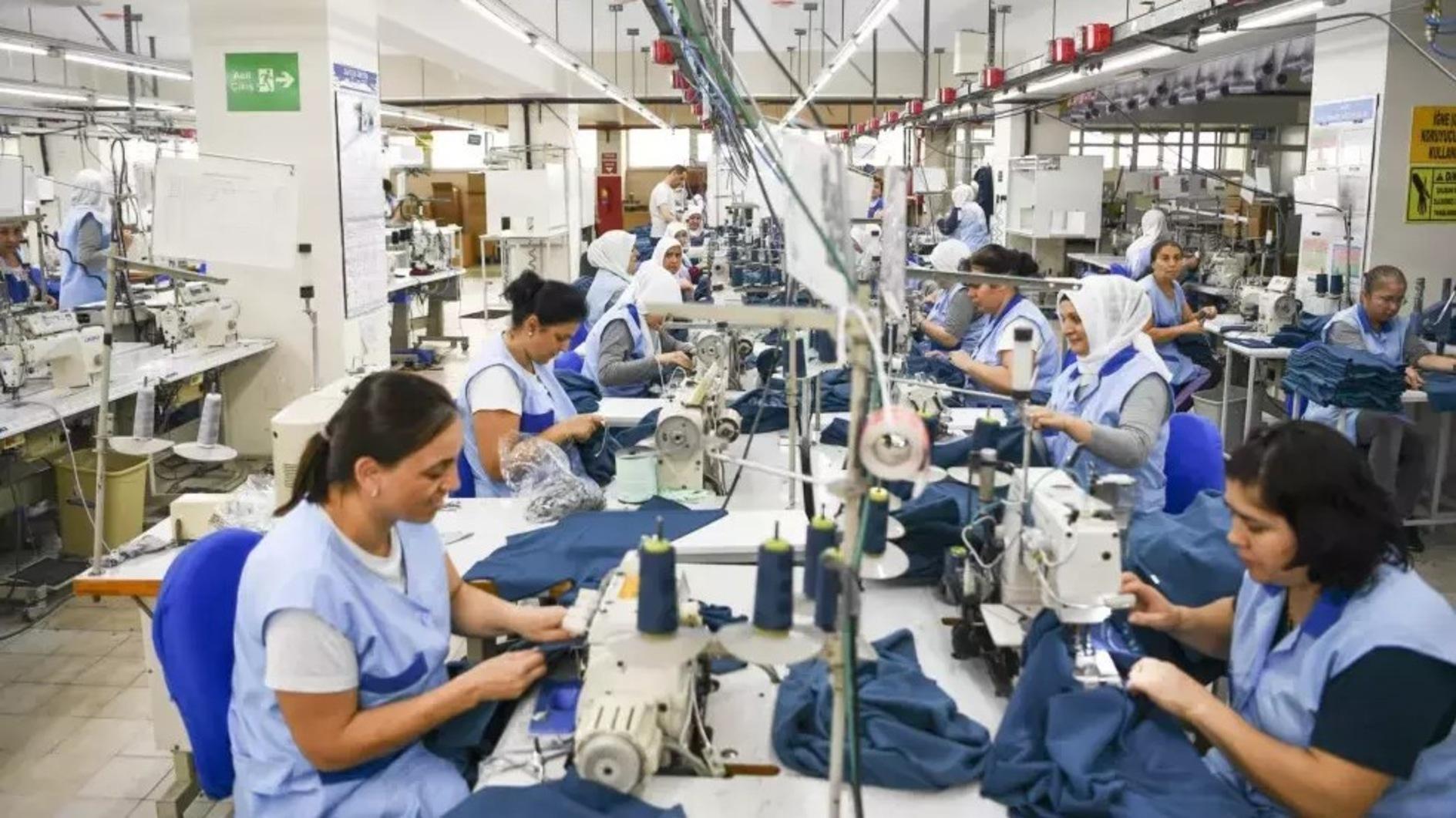Parliament likely to whitewash four ministers, Erdoğan likely to ascend to presidency
Turkish Prime Minister Tayyip Erdoğan is actually aiming to hit not two, but three birds with one stone.
The stone is his election victory in the March 30 local elections. Despite all the calculations by think tanks and opposition parties about relative losses, and simulations about a lower number of seats in the next Parliament, Erdoğan knows well that people see this as a victory, and he is riding it.
The birds he is targeting are:
1) Leaving corruption allegations out of sight: The files of four former ministers from Erdoğan’s Justice and Development Party (AK Parti) government are scheduled to be on Parliament’s agenda today. Former Interior Minister Muammer Güler, former Economy Minister Zafer Çağlayan, former European Union Affairs Minister Egemen Bağış and former Urbanization Minister Erdoğan Bayraktar were all removed from the Cabinet by Erdoğan following the opening of the graft probe on Dec. 17, 2013. There are hard-to-believe allegations about Güler, Çağlayan and Bağış over receiving bribes from a young Iranian-origin businessman Reza Zarrab, who is involved in oil-for-gold deals with Iran.
Parliament is convening upon the requests of the opposition parties to discuss whether or not to open a parliamentary inquiry into the ex-ministers, who are still under parliamentary immunity. However, it is likely that the General Assembly will turn the request down, due to the dominant AK Parti votes. Erdoğan is so sensitive that even the speeches of opposition spokesmen taking the floor will not be heard by the public; this is because thanks to an AK Parti vote, the session has been planned for a Monday, where there is no live broadcast of Parliament TV.
2) Clearing the way for the presidency: Last week, the possibility of Erdoğan naming President Abdullah Gül for a second term for the August elections was still on the table. As we start this week, the chances of this are much lower. The difference came with a five-hour meeting of the AK Parti’s executive board on the evening of May 2. The party decided to keep its maximum three consecutive terms rule in place, which means that Erdoğan will not be able to run for another term for Parliament and thus cannot be prime minister again after the next general election. (The next election is planned for June 2015, but could be made earlier by Parliament.)
This move has been interpreted as Erdoğan heading for the presidential palace on top of Ankara’s Çankaya Hill. There is a suggestion that if Erdoğan cannot get 50 percent-plus-one of the vote in the first round on Aug. 1, the opposition could unite around a second best for the next round on Aug. 24. But as Deputy Prime Minister Bülent Arınç said over the weekend, Erdoğan trusts in the AK Parti’s “power and psychological” upper hand.
3) De facto changing of the political system: Erdoğan’s original plan was to change the Constitution, to bring a French-like system with more executive powers to the president. The president would also be able to keep his party leadership role, and have a low profile prime minister to allow him to deal with daily government matters as well.
Erdoğan had the psychological upper hand for that, but not enough power. That is why he wanted to change the election system to provide him with a constitutional majority in Parliament. But party people warned him that given the level of polarization in Turkey (lovers and haters of Erdoğan), the opposition could get into alliances to turn the new election system against the AK Parti. So, on Friday, May 2, Erdoğan had to drop his election system plan. With President Gül’s declaration two weeks ago about refusing to be Erdoğan’s Medvedev, (meaning the prime minister accepting a lower profile in advance), Erdoğan decided to put the system in his mind into practice. It is likely that if he puts his candidacy for the presidency, (which could be more clear by the end of May), he will chose an individual with no ambitions to be a “real” prime minister, and will also chose a “real” party leader to replace him.
In a way, this is 19th century power politics in international relations repeating itself in 21st century Turkish domestic politics.











